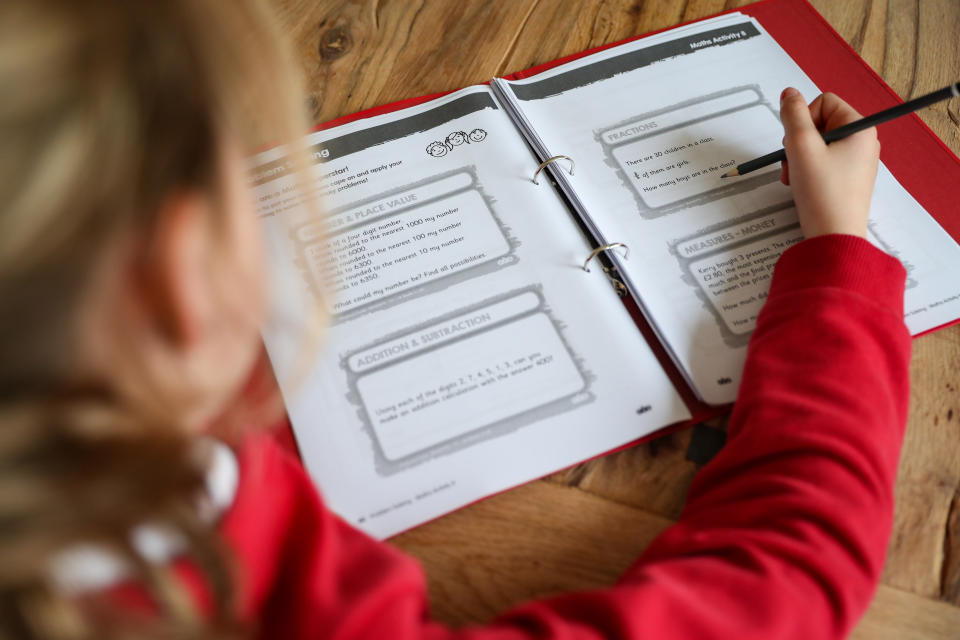Coronavirus: Sage publishes minutes of meetings after warnings lockdown was being eased too soon

The Scientific Advisory Group for Emergencies (Sage) has published evidence and minutes from its first meetings relating to the UK’s coronavirus response as part of a pledge for transparency.
The group, which is responsible for providing scientific briefings to the government on the pandemic, published 51 documents, including details from meetings from late January until May 7.
The minutes for more recent summits were not published as they “still contain sensitive information, with policy advice still under live consideration,” the government said.
The release came as the government was warned it may be easing lockdown restrictions too soon.
Prime Minister Boris Johnson has announced a gradual easing of the lockdown in England, with friends and families able to meet in parks and gardens in socially distanced groups of six from Monday.
Schools will also reopen to allow students in nurseries, early-years settings, reception, Year 1 and Year 6 to return to class.
More shops will also be allowed to trade again, with outdoor retail and car showrooms able to resume operations.
But asked if he agreed it was too soon to ease more of the lockdown, Sage’s Professor Peter Horby told BBC Radio 4’s Today programme: “Actually, I do.
“You know, we have still got 8,000 cases a day.
“We have been very successful in bringing it down, decreasing the numbers because of the social distancing.”
He said it was vital “we don’t lose control again”.
Government chief scientific adviser Patrick Vallance said publication of the Sage documents on Friday would help build collective understanding around the science of COVID-19.
He said: “Openness and transparency around this disease is a social imperative, which is why it’s important we don’t wait to publish minutes and evidence.”
He added: “The collective evidence we have published today has played a considerable role in shaping our recommendations on when, how and why the government have made the interventions it has so far.”

The government has said it hopes that a “test and trace” regime, where contacts of known cases are asked to self-isolate, will help society more broadly return to normality.
But evidence published by Sage from SPI-B, a subgroup which looks at behaviour, said that only around 50% of people are reporting self-isolating for at least seven days when they have symptoms of COVID-19.
The paper said that financial recompense for workdays missed due to self-isolating and emphasis on the social value of doing so would help a test and trace system work better.
Coronavirus: what happened today?
Click here to sign up to the latest news, advice and information with our daily Catch-up newsletter
Read more about COVID-19
How to get a coronavirus test if you have symptoms
What you can and can’t do under lockdown rules
In pictures: How UK school classrooms could look in new normal
How public transport could look after lockdown
How our public spaces will change in the future
Help and advice
Read the full list of official FAQs here
10 tips from the NHS to help deal with anxiety

 Yahoo News
Yahoo News 

